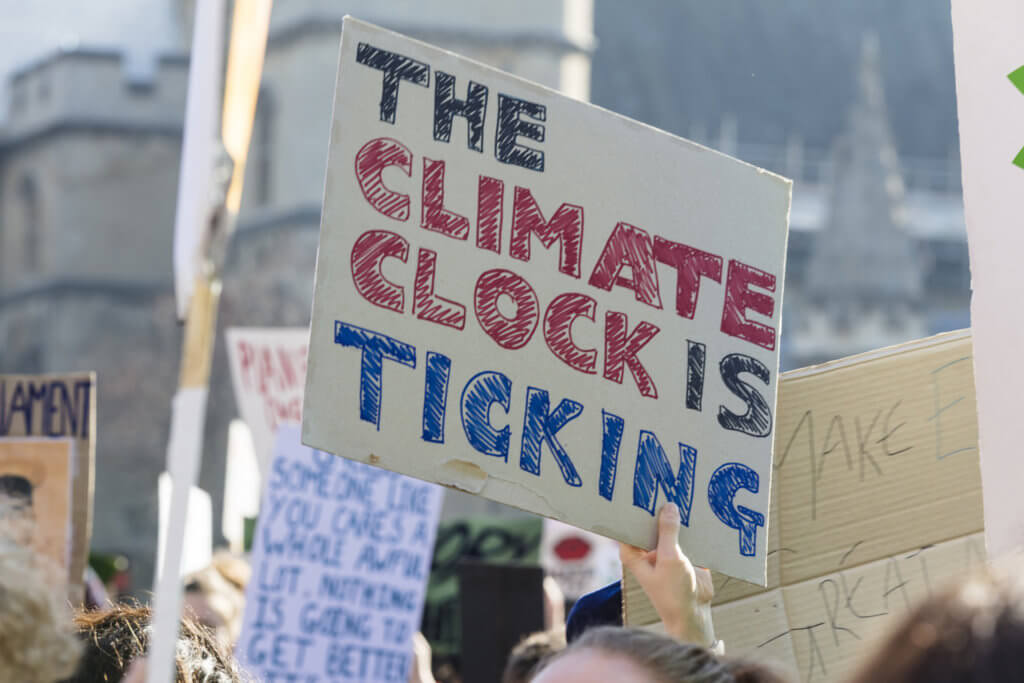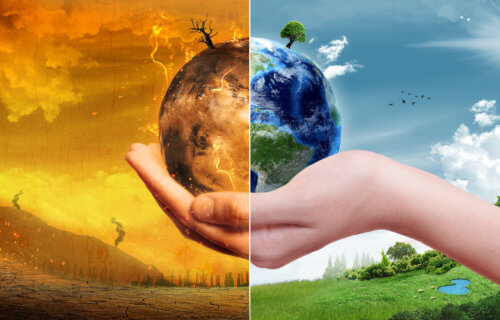GRONINGEN, Netherlands — The majority of people feel climate change is “psychologically close” to them, a new study reveals. Researchers in the Netherlands note that both independent groups and government agencies often operate under the assumption that people see climate change as a problem affecting distant regions far in the future and don’t have the motivation to act — an effect known as “psychological distance.” However, the new report finds this is a false narrative, arguing that this misunderstanding could be impeding efforts to prevent global warming.
Study authors suggest the bleak misapprehension could be making climate actors feel their efforts are futile if the psychologically-distant group is not getting involved, and put in less effort as a result.
“There is no consistent evidence that perceiving climate change as psychologically distant hinders climate action, with studies reporting mixed results,” write the study authors, led by Dr. Anne M. van Valkengoed from the University of Groningen, in a media release.
“We therefore recommend researchers, communicators, and policymakers instead focus on how to leverage the finding that many people already perceive climate change as occurring here and now.”
The study examined opinion polls on the global environment. Some included samples of more than 100,000 people, spanning 121 countries.
In those polls, over 50 percent of participants believe climate change is happening now, or in the near future, and that it will impact their hometowns. The experts then looked at 26 studies on the relationship between psychological distance and climate action.
Only nine found a positive link between the two, some even showed people were spurred to act on climate change when they thought it was only affecting distant nations. A total of 25 out of the 30 studies failed to prove that decreasing psychological distance in experiments increased the will to act.

What does climate change actually mean?
Climate change refers to significant, long-term changes in the Earth’s climate, particularly alterations in temperature, precipitation patterns, and other atmospheric conditions. Studies show that various natural and human-induced factors drive these changes. Over the past century, human activities have been the primary cause of climate change, with the burning of fossil fuels, deforestation, and industrial processes releasing large amounts of greenhouse gases into the atmosphere.
Greenhouse gases, such as carbon dioxide (CO2), methane (CH4), and nitrous oxide (N2O), trap heat in the Earth’s atmosphere, causing the “greenhouse effect.” This effect is essential for maintaining life on Earth, as it keeps the planet’s temperature stable. However, excessive greenhouse gas emissions can lead to an enhanced greenhouse effect, resulting in a gradual increase in global temperatures, known as global warming.
The findings appear in the journal On Earth.
You might also be interested in:
- Climate change special? Many tourists are going to Antarctica as a ‘last chance destination’
- Should MLB sluggers thank climate change for the surge in home runs?
- Christmas skiing vacations could become extinct because of climate change
South West News Service writer Pol Allingham contributed to this report.


This is ANOTHER selective fake-news report by the agenda-promoting dishonest media.